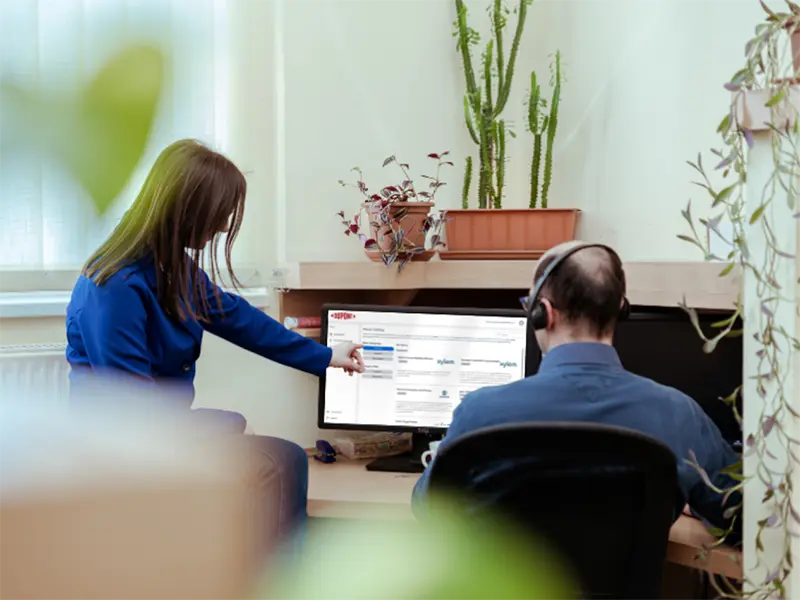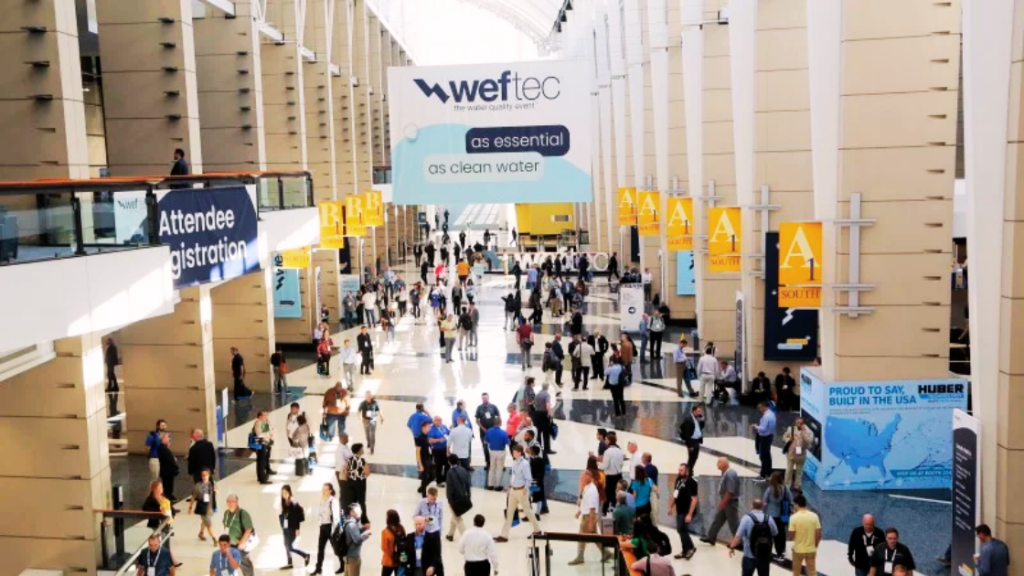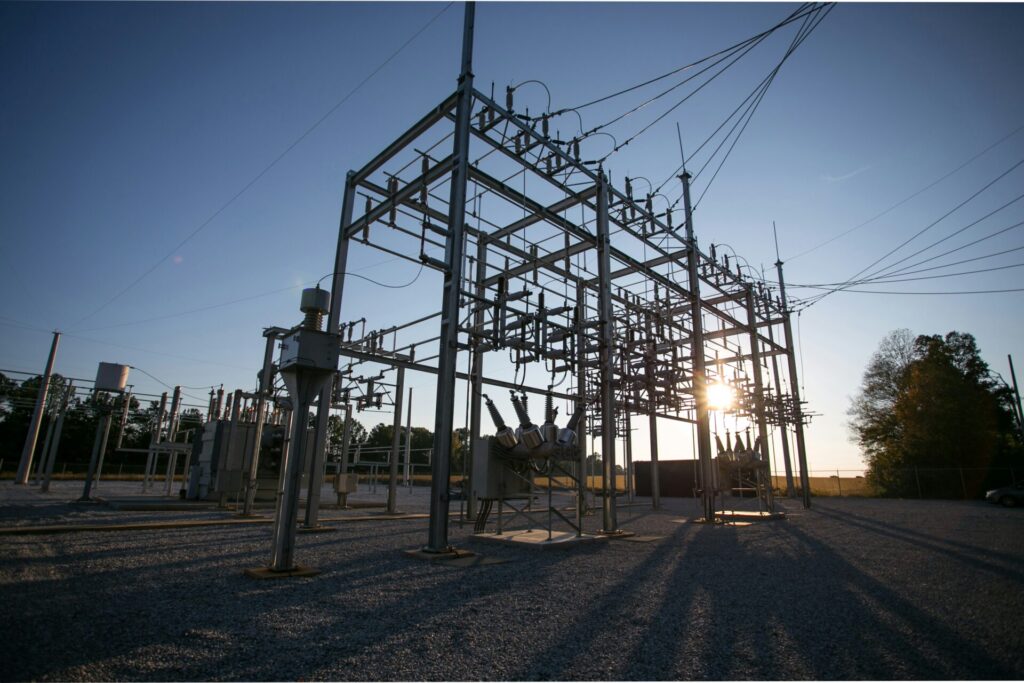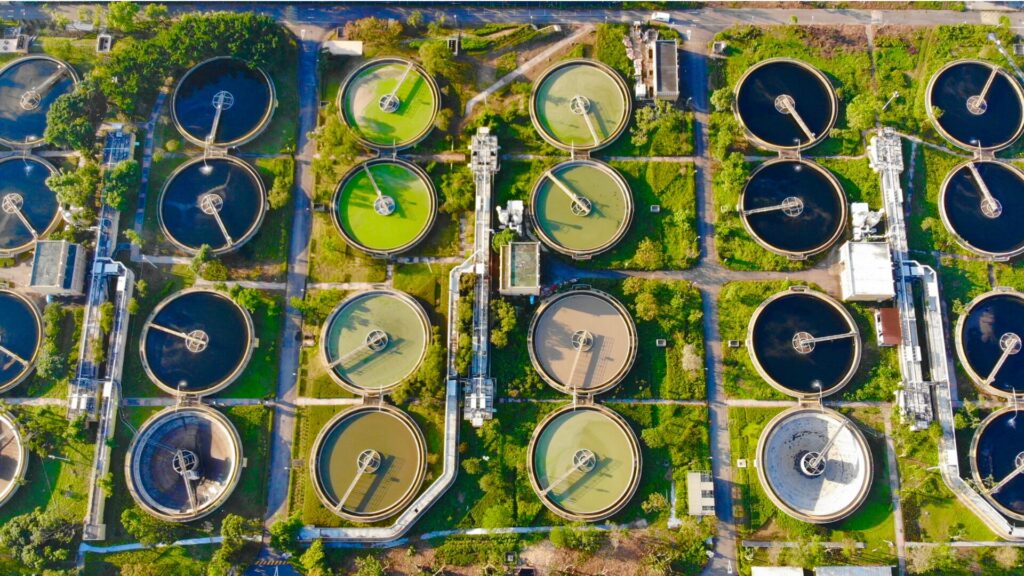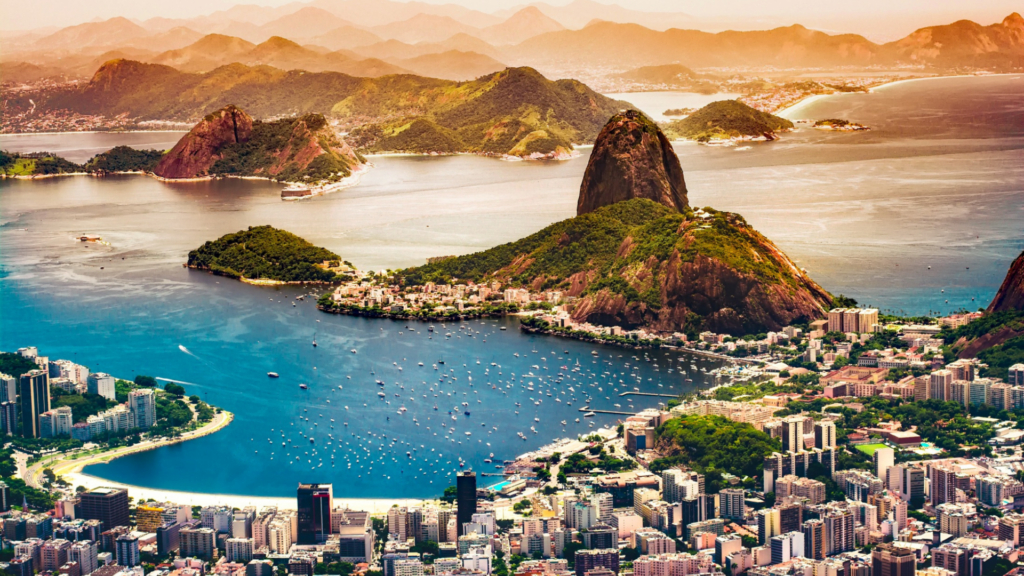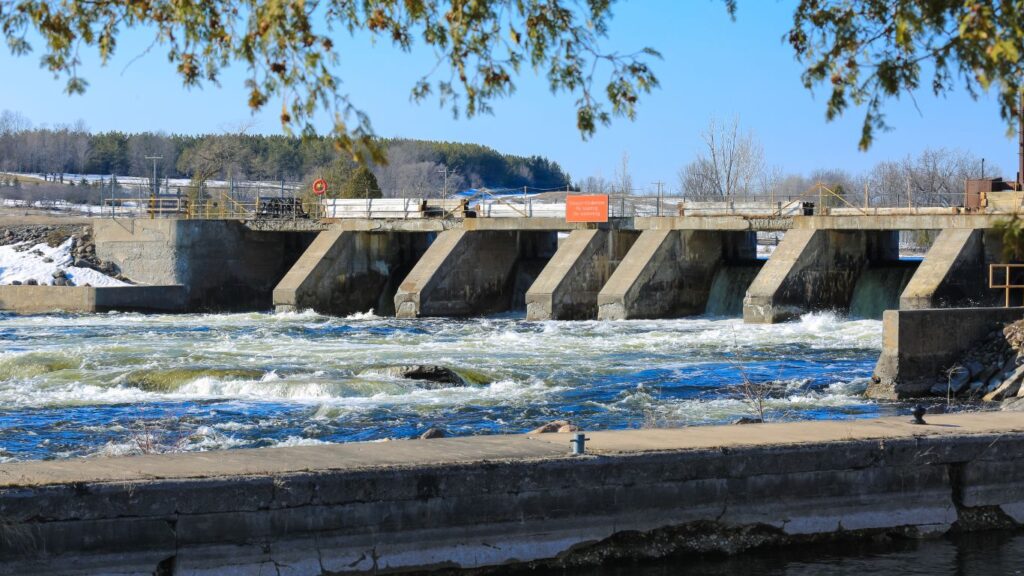How happy are water engineers? According to a recent assessment by Career Explorer about the job satisfaction of water engineers, whose surveys are filled out by millions of people, water engineers rate their job satisfaction level as 3.0 out of 5 stars.
First, I thought, ok, this is somewhat average. Turns out this is in the bottom 30% of all careers. It made me question what the reasons are behind this rating and how we can help increase water engineering satisfaction and happiness in the water industry.
I took another look at Reddit to see what water and wastewater engineers talk about their jobs. It was close to my experience and assumptions.
Engineers work under continuous time pressure
Some of the Reddit users talked about how their design work is repetitive and created in a rush. Water and wastewater engineers need to meet strict deadlines and create designs quickly.
“Sure there is design criteria you have to meet but a lot of design is just “make it work and have functionality”. Also there is just a huge variety of tasks you and your team may do on any given project… lots of calcs, lots of drainage modeling lots of report writing, a shit load of CAD work, and countless sub tasks among those things.”
“I and several of my colleagues were in that trap until they were able to move on. The fact is pipeline projects are streamlined and plentiful. It takes a specific type of person to enjoy being pigeonholed into that type of work for the rest of their career.”
Restricted creativity
It is not hard to imagine how working fast makes the tasks repetitive. Instead of creating new designs, engineers tend to save time by copy-pasting older designs and adjust those to the actual project.
“I feel like my job is just picking out a design that’s already been done and making sure it works for my particular case…”
Work-life (un)balance
We see that design engineers in EPC companies spend unbillable hours to finish engineering design packages to keep up with deadlines. It is quite common that they miss lunch breaks just to avoid another extra hour in the office at night. All while they have family, kids, hobbies, just like others.
“Work life balance is surely on a company by company basis but I think it’s also what you make of it. We have engineers that put in 55-70 hours a week but by no means is that required. I’m usually around 45 give or take a few. Of course if you’re meeting a big deadline or something that will go up but it’s certainly manageable.”
“We have a lot of consulting engineers who do design work for us. I have heard their lives are more chaotic than mine (although I do 24/7/365 callback), with longer hours and better pay. However, I imagine they have a feast-or-famine existence, while my work is far more steady.”
Slow-moving industry
Innovative technologies find their way into reality very slowly. Some of the reasons are mentioned above: design engineers don’t have time to learn about industry updates or try those out in their designs. As one example, activated sludge plants have been working well for the last 100 years, why change it?
I think many of us can resonate with the below comment from another Reddit user. Limited budget and assets operating on the edge of their lifespan bring an everyday struggle to engineers working in the fields.
When water treatment stops running, everyone panics and scrambles around to get it running again, and then blames the department head (me) for having such a neglected process – as if I haven’t been screaming for manpower and budget increases since day one.
“Its fickle, has tight environmental restrictions, and the suits still haven’t figured out that not every dollar spent needs to directly equate to quick payback.I hope to not be doing this much longer.”
Last summer we created an industry survey and it was filled in by more than 100 US wastewater engineers. We made statements and the engineers had to evaluate from 1-5 the agreement or disagreement level. Let’s see the results.






Why water engineers are not happy?
- they need to work with strict deadlines and under continuous-time pressure
- they have very limited time allocated to follow up industry trends and learn about how innovative new technologies can be utilized
- many design activities are just copy-pasting and not creative engineering work
- slow moving industry with the mentality of use the old, as it has been working
- extra, unbillable hours spent in the office every day
What could make water engineers happier?
Water and wastewater engineers are designing and operating critical infrastructure and assets. The level of criticality will significantly increase in the near future as we are faced with population growth, urbanization, and climate change. Happy engineers will create better water & wastewater infrastructure. Increasing the satisfaction for these careers should be an important goal for all companies.
So what could they do?
We at Transcend believe much of the struggle is coming from the current engineering design process. If part of this process could be automated, engineers could have more time for creative thinking, advanced studies, and optionality assessment – not to mention spending time outside of work doing the things they love. This is your turn now, let us know what could make you as a water or wastewater engineer happier. Fill in our anonymous survey
Sources:
https://www.reddit.com/r/civilengineering/comments/h0dcei/waterresources_engineers_what_is_your_job_like/
https://www.reddit.com/r/civilengineering/comments/oxf444/waterwastewater_career_options/
https://www.reddit.com/r/ChemicalEngineering/comments/c5b7kh/water_qualitywastewater_engineers_what_do_you_do/

